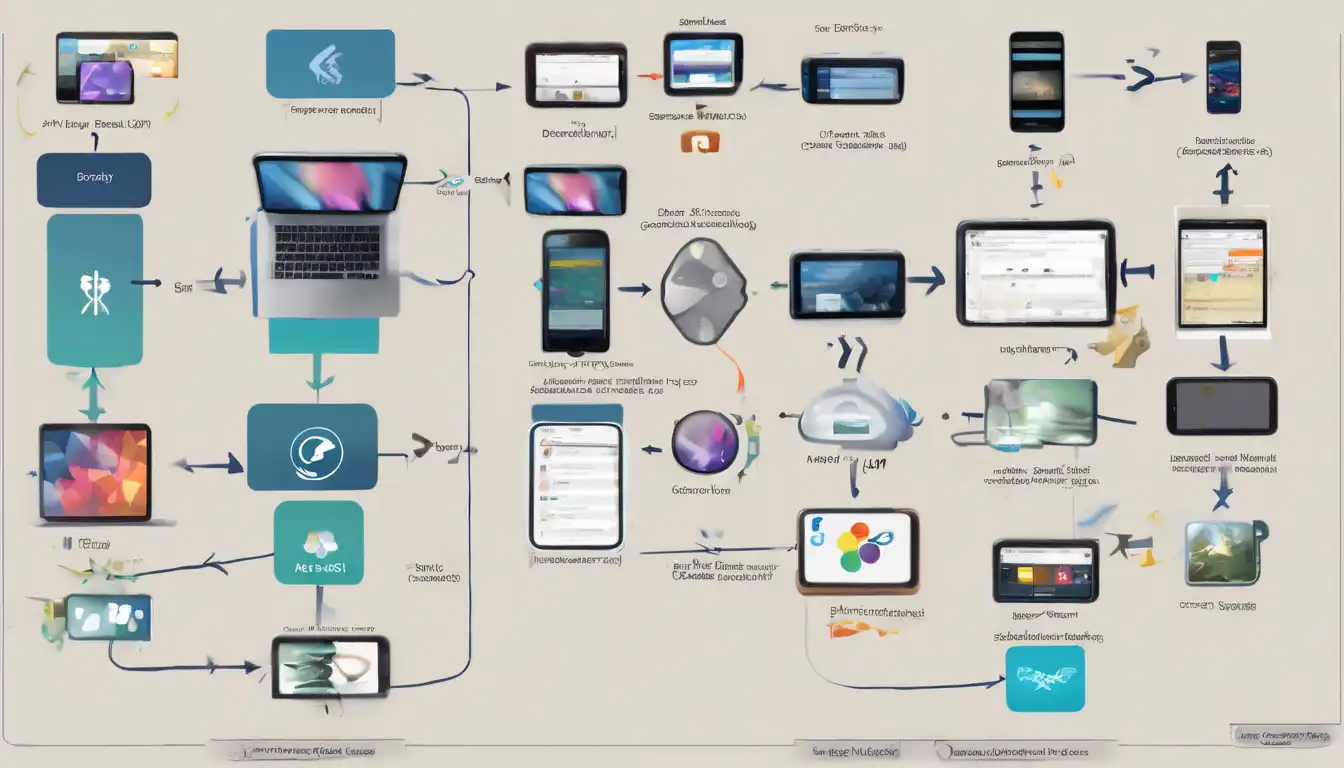Introduction to Cross-Platform Mobile Development
In today's fast-paced digital world, the demand for mobile applications is skyrocketing. Businesses and developers are constantly seeking efficient ways to build apps that work seamlessly across multiple platforms. Cross-platform mobile development tools have emerged as a game-changer, enabling developers to write code once and deploy it across iOS, Android, and other platforms. This article compares the top cross-platform mobile development tools, helping you choose the right one for your project.
Why Choose Cross-Platform Development?
Cross-platform development offers numerous benefits, including reduced development time, lower costs, and easier maintenance. By using a single codebase for multiple platforms, developers can significantly cut down on the resources required to build and update apps. This approach is particularly beneficial for startups and small businesses looking to maximize their reach without breaking the bank.
Top Cross-Platform Mobile Development Tools
1. Flutter
Developed by Google, Flutter is a popular open-source framework for building natively compiled applications for mobile, web, and desktop from a single codebase. Its hot reload feature allows developers to see changes instantly, making the development process faster and more efficient.
2. React Native
Created by Facebook, React Native is another leading framework for cross-platform mobile development. It allows developers to build mobile apps using JavaScript and React, offering a native-like performance and user experience.
3. Xamarin
Owned by Microsoft, Xamarin is a robust framework that uses C# and .NET for building cross-platform apps. It provides access to native APIs and tools, ensuring high performance and a native look and feel.
4. Ionic
Ionic is a free and open-source framework that leverages web technologies like HTML, CSS, and JavaScript to build cross-platform mobile apps. It is known for its extensive library of pre-designed components and plugins.
Comparing the Tools
Each of these tools has its strengths and weaknesses. Flutter and React Native are known for their performance and developer-friendly features, while Xamarin stands out for its integration with Microsoft's ecosystem. Ionic, on the other hand, is ideal for developers who prefer web technologies.
Conclusion
Choosing the right cross-platform mobile development tool depends on your project requirements, team expertise, and budget. Whether you opt for Flutter, React Native, Xamarin, or Ionic, each framework offers unique advantages that can help you build high-quality mobile apps efficiently. For more insights on mobile development, check out our latest article on mobile development trends.
